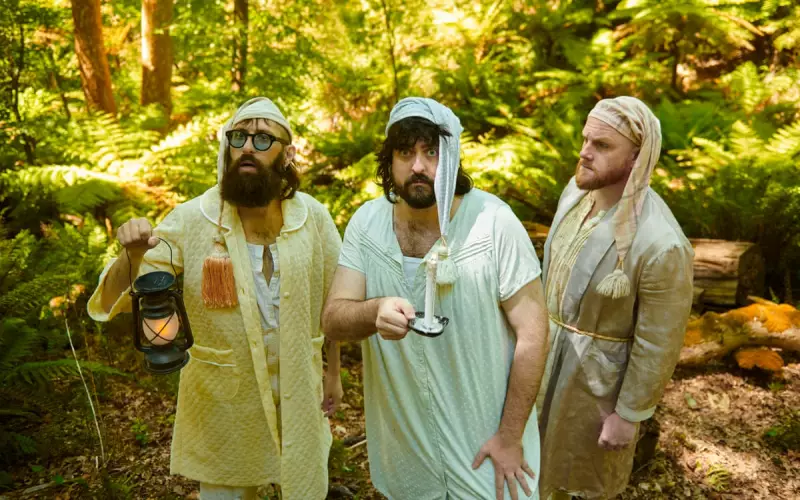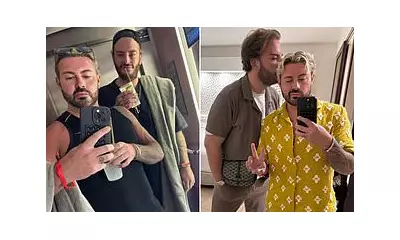
The iconic Australian comedy troupe Aunty Donna has launched a passionate plea for a radical overhaul of the nation's television comedy landscape, warning that the current system is broken and failing the next generation of creators.
In a candid interview, members Mark Samual Bonanno, Broden Kelly, and Zachary Ruane pulled no punches in their assessment. Despite their own global success, including the Netflix series Aunty Donna's Big Ol' House of Fun, they argue that the path for emerging acts in Australia is narrower than ever.
The Core of the Problem: A System Starved of Opportunity
The trio identifies a critical lack of middle-ground opportunities as the primary issue. The leap from creating viral online sketches to landing a full, commissioned TV series is now a cavernous void that few can cross. Bonanno starkly summarises the dilemma facing comedians today: "Do you want to make a show, or do you want to make a living? Because you can't do both."
This financial precarity forces many talented performers to abandon creative projects for stable work, effectively suffocating innovation and fresh voices before they have a chance to flourish on screen.
Contrasting Models: The Australian Stasis vs. The UK's Creative Engine
Aunty Donna pointed to the United Kingdom's broadcasting model as a shining example of how to cultivate comedy. They praised systems like the BBC's, where initiatives such as the long-running Edinburgh Festival Fringe and development programmes actively scout and nurture new talent.
"In the UK, they're building an engine," observes Bonanno. "They're finding new people, they're building them up, they're giving them opportunities." This structured pathway stands in stark contrast to what they perceive as an Australian industry that often plays it safe, relying on established names rather than betting on the new and unpredictable.
A Warning and a Plea: The Risk of Losing a Generation
The consequences of inaction are severe. The group warns that Australia risks losing its entire next wave of comedic talent to overseas markets that offer better support, creative freedom, and financial viability.
Their message to broadcasters and funding bodies is clear: the system needs a "massive shake-up." They advocate for a renewed focus on developing and piloting new ideas, creating a sustainable pipeline that allows artists to experiment, fail, and ultimately succeed without facing financial ruin.
The future of uniquely Australian humour, they insist, depends on it.





